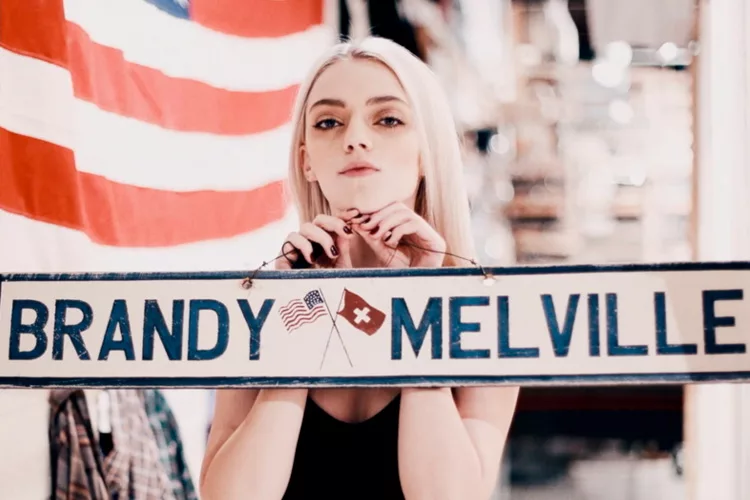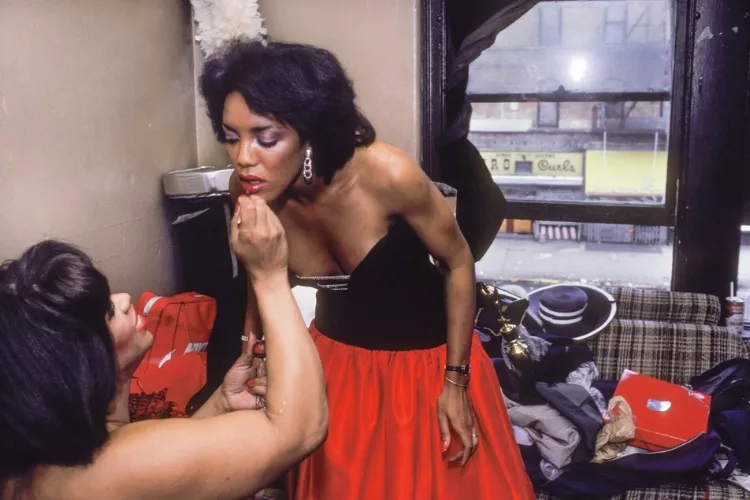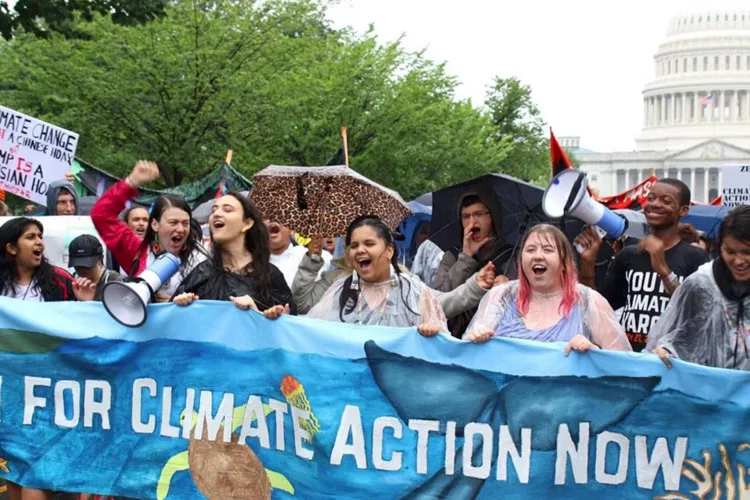Fact: legislation in the U.S. targeting gay rights has more than doubled since last year. The trend is clear – in 2018, there were 42 anti-LGBTQIA+ bills introduced in state legislatures; by 2022, 180. In 2023 alone (we’re not even to half a point), there are already more than 600 hateful bills targeting the community, from assaults on gender-affirming health care to vilification of drag performances to the cancellation of Pride parades for fear of violence and almost the most insidious, the banning of books with queer characters. The state of “gay” is in peril.
Yet, our people are resilient. In Florida, the Hungary of the U.S., tens of thousands of people heeded the call and flocked to Orlando for this year’s Gay Day Festival (and in their inclusive way, the organizers invited DeSantis to come and see that we’re simply human with a little bit of flair and fun thrown into the mix). Students are walking out of schools in protest of exclusionary agendas while parents are testifying on behalf of their kids to be seen and cherished for who they are. President Biden signed the Respect for Marriage Act into law.
So while we are well aware of the push-back and the violence we also wanted to put forth a few perspectives: one a very personal writing by our friend and No Kill Mag writer Sammie Wilhoit, And this one with a broader lens – a look back at the legacy of Western colonialism on Queer freedom. These articles reflect different aspects of where we are now as a country and a world when it comes to queer rights.
Colonialism’s Effects on Uganda and Botswana – A tale of Two Countries
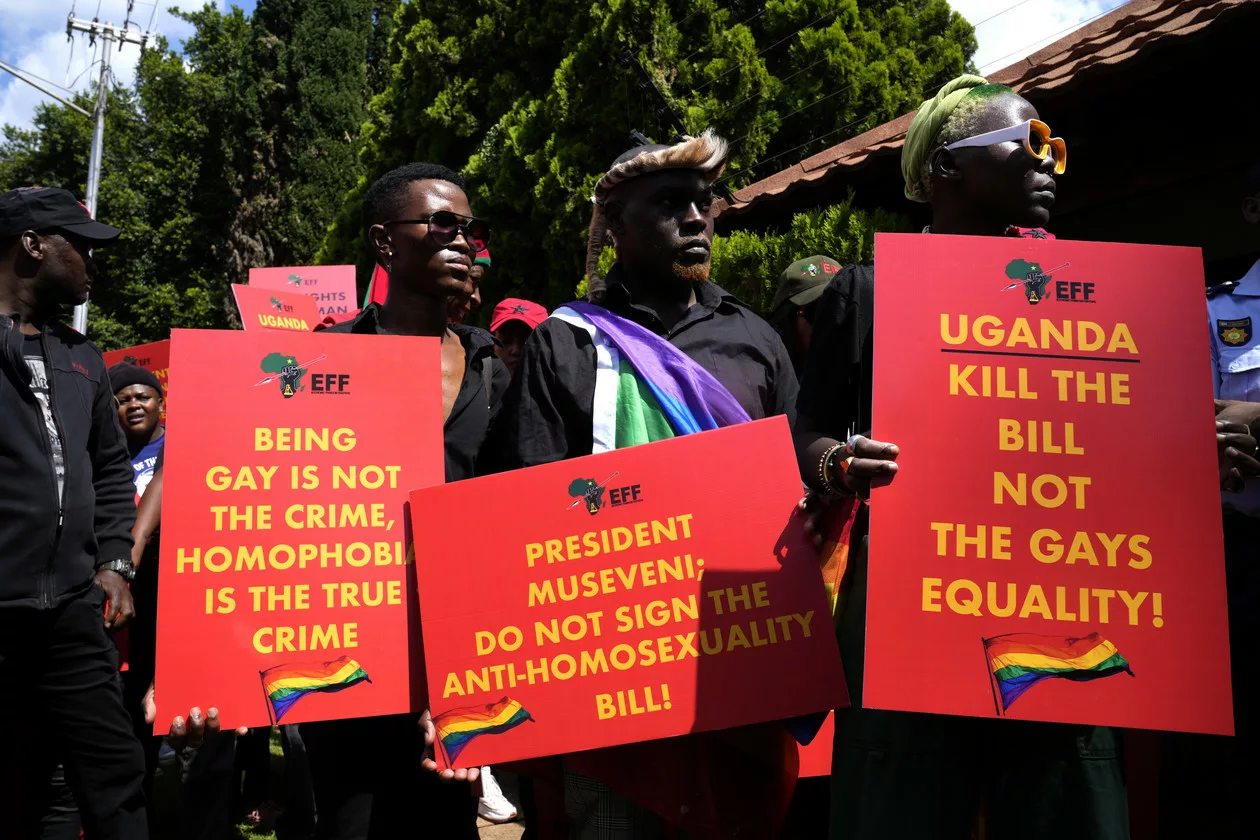
On the eve of this year’s LGBTQIA+ month, Uganda finally passed and signed one of the most brutal modern anti-gay laws anywhere in the world. President Museveni’s actions led to worldwide condemnation – for what it now means for a queer Ugandan is hiding, exile, and, if caught, life imprisonment or even death. Amidst the uproar, ink spilled, and Instagram’s uploaded, the one thing that really jumped out at me had to do with colonial legacies. Museveni himself has been widely quoted as saying that homosexuality is a “Western import.”
No truer statement has been tossed about. But Museveni left out that this particularly odious import didn’t have to be slavishly adhered to.
Look south of Uganda to Botswana
In contrast to Uganda, in 2019 their courts ruled that laws criminalizing consensual same-sex relations was unconstitutional. The court stated that sodomy laws belong “in the museum or the archives” and that those laws were “a British import” developed “without the consultation of local peoples.” Indeed… how do you throw off the shackles of slavery and not want to free all your people? A close look at the countries with anti-queer laws are mainly the former British colonies.
But it wasn’t merely the “power of the state”; colonialism could not have thrived without missionaries. Even after the Brits left, a Christianity that loudly condemns homosexuality remains active today. In other words, Christians, be they Catholic or Evangelicals, are still spreading “the word,” and where they travel shows a pattern of increased oppression.
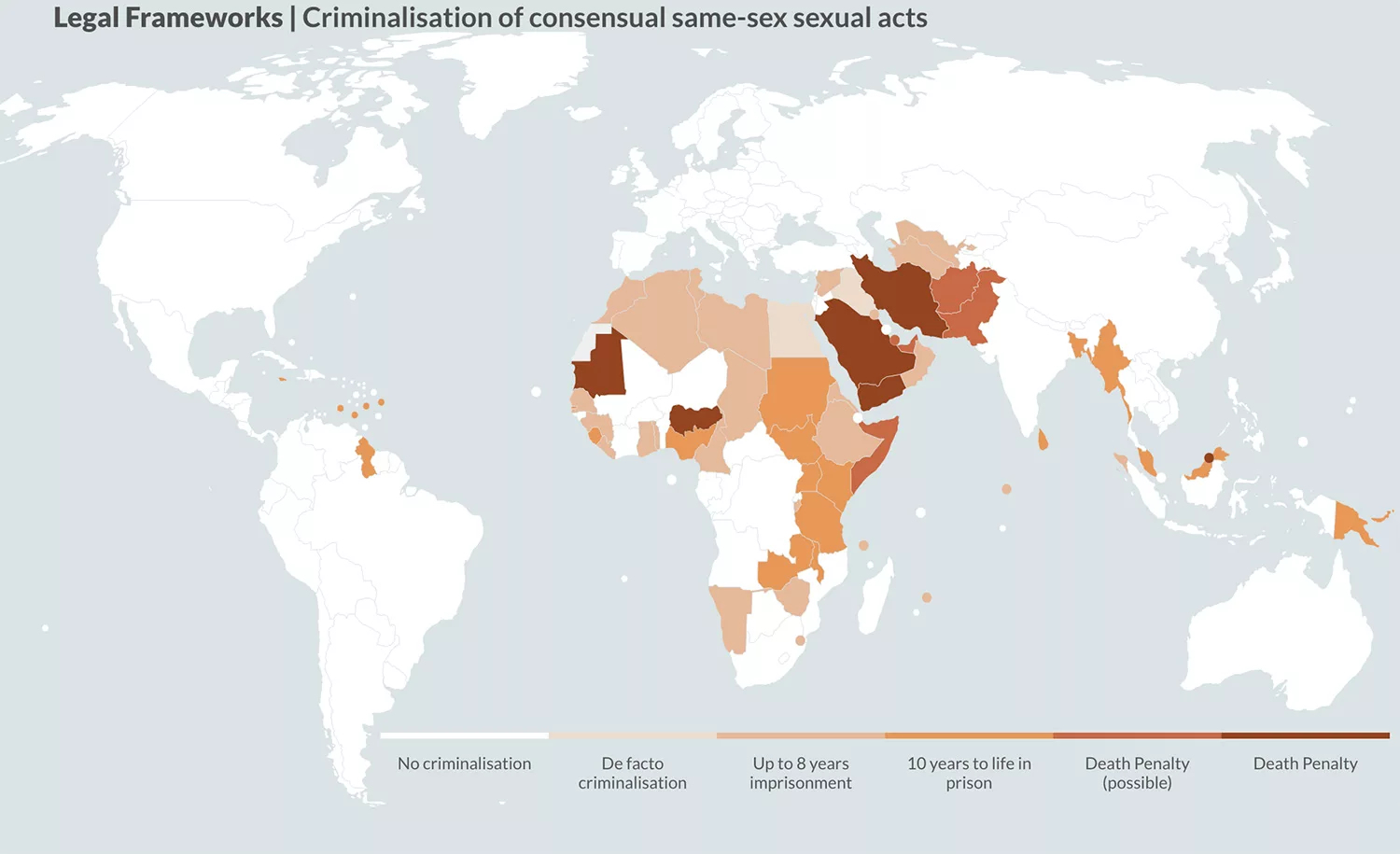
A quick look at a world map reveals most countries where consensual same-sex acts are criminalized are in Africa and the Middle East. (129 do not criminalize, 62 do with 2 defactos) And that those with the harshest penalties, like Uganda, are former British colonies.
In a post-colonial world, chances are if you were colonized by the Brits, you’ve got stringent and vile anti-queer laws still on the books; if you were a French colony (and to a lesser extent, Spanish or Portuguese), same-sex acts or relationships were not criminalized.
Why this Legacy of Great Britain?
In 1533, during the reign of Henry VIII (a man well known for collecting then dispatching wives), Parliament passed the first laws condemning homosexuals to death for “buggery.” Going a bit into the weeds, this was because Henry also broke with Papist Rome and became the Head of State and the Church of England (to get rid of the first pesky wife). Before this, common law didn’t bother with homosexuality; this fell under Church law dating back to 1290, where punishment was being buried alive or burned at the stake.
It would take another 3+ centuries before those punishments were commuted from death to a minimum of 10 years in prison. The “Offences Against the Person Act” set the stage. However, through a draconian sleight of hand, you only had to be accused of “illicit” acts –a written letter professing affection would do. Oscar Wilde was sent to Redding Jail under this law, known in common parlance as “the Blackmailer’s Charter”.
Lesbians went relatively unnoticed, if only because women were rendered unimportant. In 1921, the only time a law was introduced against lesbians, it was immediately shot down. Parliament determined the law might render lesbians visible, encouraging scandalous behavior.
The first anti-cross-dressing laws (Tennessee, another former British colony, is just the latest) were passed in Guyana. In the name of “Christian morality and social propriety. This was repealed in 2018.
Prosecutions against homosexuals in Britain and her colonies soared after World War II. The fever didn’t break until 1957 when it was finally recognized being Queer was not a disease. And that people’s private lives should be private.
Still, it took another 10 years to repeal the Sexual Offences Acts, and real reform toward equality took until 2001. Same-sex marriages were finally legalized in 2013. Today, modern-day Britain, with legal gay marriage, uses the decriminalization of homosexuality as part of its diplomatic and human rights mission. In 2018, Prime Minister Theresa May “expressed regret for the legacy of criminalizing homosexuality,” urging former colonies to abandon those laws. Yet now, with no power to do anything about it, all the Brits can do is witness and continue speaking out against their vile legacy.
The Legacy of France
Meanwhile, across the channel…for an initial act of sodomy, castration was usually the French response (circa 13th century). Then…Viva la Revolution! The French decriminalized same-sex activities in 1791, making France the first Western country to write laws codifying the privacy of individuals. By 1804, the Napoleonic Code was adopted, followed by Spain and Portugal. While both would re-criminalize same-sex activity, French Revolutionary thinking profoundly impacted their colonies established in that in-between period. Comparatively, it’s better to be from a French colony where only 33% of those nations still criminalize being gay today, while 66% of British suffer that fate.
Why is this history still relevant today?

Partly it’s the ability to look back at what many of these places were before they were colonized. Artifacts depict more relaxed attitudes. In ancient Egypt, two men’s bodies embrace, while “the third gender” wasn’t only acknowledged but venerated. Often deities were androgynous. Sekmeht, goddess of war, was a woman with an erect penis. Men dressed in women’s clothing were often kept as “wives” in Angola. This was during the period when Henry VIII was enacting the buggery laws. A complete circle back to Uganda – King Mwanga II was not only railing against Christianity and colonialism but was said to be openly gay. This was contemporaneous with the last hangings in Great Britain for homosexual acts in 1835.
My favorite tidbit (one has to find joy where one can in a story like this) comes from Ghana. There the Dagaaba people assigned a gender based on energy, not anatomy. As a wild child, this girl would’ve been a boy if born then and happily so.
Where and how things go forward in a post-world, I don’t know. The epidemic of violence against our communities makes the work hard. Yet, when I looked back even a decade ago, the massive visibility of gender non-conforming folks shining their glorious lights offers a way forward. As long as people find their authentic voices and throw off the shackles of injustice and violence, progress toward a prosperous, inclusive, dignified, joyful future is within reach.
– kl Dunn
Related Articles
Queer Brown Vegan –An interview with our favorite intersectional, environmental educator
15 Planet Positive Presents: from Experiences to Underwear!
6 Youth-Led Movements fighting the climate crisis
7 activist illustrators to start following right now

